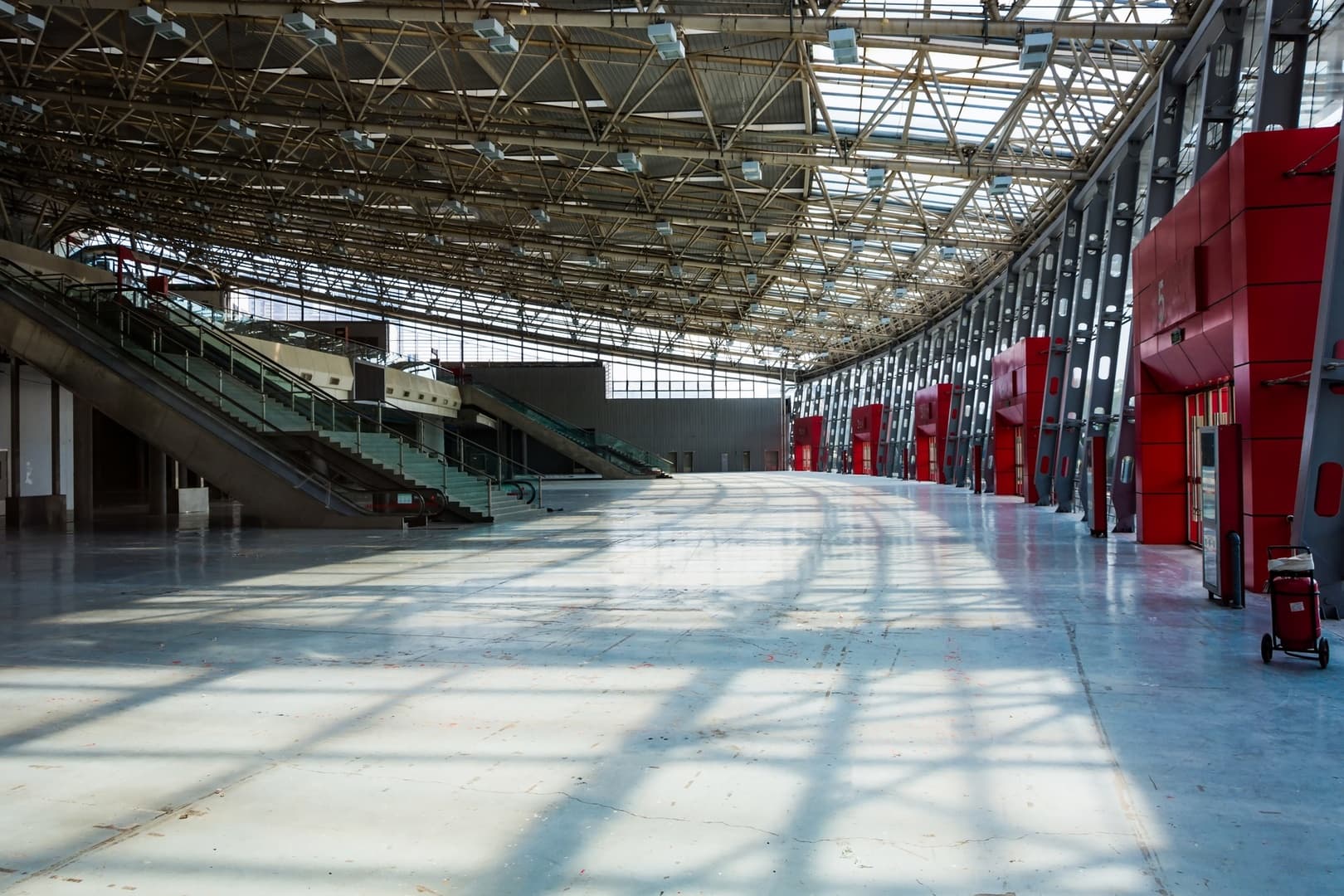The impact of the global coronavirus pandemic is reflected across all sectors. Including commercial real estate

Spring 2020 brought jitteriness, tensions and concern over further developments to the real estate market. There had been talk of a possible new economic crisis for some time. Many experts had said that we had past the economic cycle horizon. But few would have said a few weeks ago that a virus and the risk it placed on the population’s health could be the trigger for fundamental market changes. This indicates another perspective; of how today’s world and economy is globalised.
It is premature in the extreme to state now what is going to happen, what direction the economy is going to take and how the real estate market shall respond. Within a few weeks or months, hopefully we can assess the situation better, but nevertheless we can already see the first impacts on the market now.
The retail property sector is reaching its limits with the closure of certain types of stores and branches, with the owners of these premises and sites facing increasing pressure from tenants to provide discounts or rent holidays from commercial units which have to be closed. “We are currently in an unprecedented situation. On the one hand it is understandable that tenants do not want to pay for premises which they cannot use for their business on the instructions of a third party. But on the other hand, it is understandable that the property owner cannot give in to reducing or postponing its rental income, because their bank continues to insist on the due payment of relevant loans,” says Jan Hospodář, 108 AGENCY Head of Investment, on the current situation.
In terms of property transactions, there is a reduction in activities in particular from investors who experienced the 2008 – 2010 crisis and who now do not want to make any hasty decisions. As such, they are tending to pull out of pending deals and waiting to see how the market behaves. Despite the prevailing situation, there is a still a chance to complete some transactions, especially industrial ones. “In most cases, these are ‘sale and leaseback’ transactions, where the premises owner sells his property to the investor while also signing a long-term rental contract with them for 10 or 15 years. In the current situation, this represents well-stored protected funds even with a possible economic downturn in a 2-3 year horizon,” explains Jan Hospodář.
Evaluating the current events in terms of future property prices and yields today would be like making divinations from a crystal ball we don’t even have. One thing is sure however: commercial property owners who were getting ready to sell now realise that over the coming weeks and months, they can no longer consider selling at the prices they considered their face value. “Yields of around 5.5 – 6 % in industrial property and yields of around 6.75 – 7.2 % in retail property are today unachievable. We won’t be able to realistically evaluate further development and trends until at least late summer,” predicts Jan Hospodář.
How will things develop now? It all depends on a combination of factors – when the quarantine ends, when the stores today closed are opened to the public, how long it is before supply chains in industry are restarted, and whether there is a demand for production. “In particular, the ability to regenerate certain European economies, especially Italy, Spain, France and, very important for us, Germany will be critical. The question remains whether global stock exchanges will see a further wave of selling as seen in recent weeks, or rather the growth experienced in recent days and hours. There are too many unknowns and variables which will determine the future course,” concludes Jan Hospodář.
What is needed most today is patience and financial resilience towards further developments over the next few months, which will determine the future.



